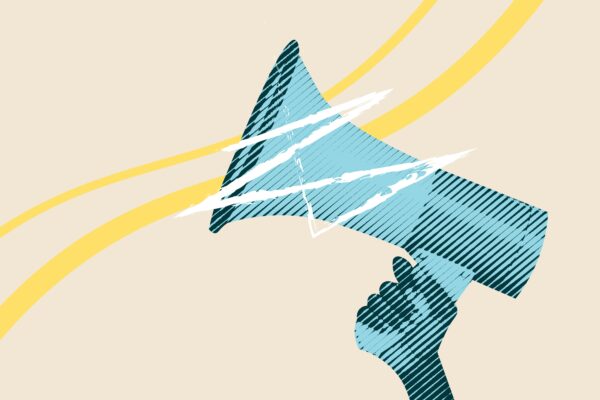Attempts to limit free speech through censorship have been on the rise in Illinois, requiring that each of us be alert for these attempts in our own community.
The First Amendment of the Constitution guarantees that each of us has the right to free expression and beliefs without the infringement of government – any government, whether federal, state, or local. Throughout this past year, we have seen numerous attempts in communities across Illinois to use local government to infringe on this basic right. These efforts include handfuls of people attempting to use the power of local government to impose their views about race, sexuality and/or gender identity on an entire community. Even in this state, which offers far-reaching protections against discrimination, we all must be vigilant in our local communities to fight back against these attempts.
When we think about local government censorship most of us probably think about book bans. During 2023, the American Library Association reported a marked increase in challenges to books in public libraries and schools. In Illinois, there were 22 reported attempts to restrict access to books, including 98 different titles that were challenged. Because members of the local communities pushed back and spoke out for inclusion, none of those attempts were successful. We traveled around the state and talked to members of the local communities on the importance of showing up to make sure these attempts were not successful in their communities.
It's not just libraries that can ban a book. We’ve seen across the country attempts to limit access to ideas in the school curriculum, but it’s also happening in Illinois. Recently, in the Chicago suburbs, the Yorkville School District Board of Education withdrew the memoir of civil rights attorney Bryan Stevenson, Just Mercy, from use in an English class. The vote angered a group of local residents – especially former students who had taken the class with the Stevenson book as part of the curriculum. Led by the group of students, many of these local residents have been showing up to monthly Yorkville Board of Education meetings to express their objections.
When looking out for ways your local town government might be infringing on First Amendment rights in your community, it’s also important to consider ordinances that regulate and determine the rules for protests and public events. In Aurora, for example, we went to court, to assure that Aurora Pride – a group formed to create a safe, welcoming voice in the community for members of the LGBTQ+ community – was able to host their annual Pride Parade after the event was nearly cancelled by the local government the previous year. A local city council ordinance gave individual police officers an essential “veto” over who was able to host parades and events by allowing the officers to decide for themselves if they would work to provide security for an event. This gave them a say in which speech was allowed in their community. Faced with this form of censorship, we helped them fight back to allow the Pride Parade to go forward. This year, Aurora Pride was able to hold their largest Parade to date, with an outpouring of support from their community.
If you see attempts in your local community to limit free speech, it’s important to take action. It can be difficult for local elected officials to uphold these fundamental rights when the groups calling to limit speech are the only ones who speak out and show up at public meetings, often claiming to speak for an entire community. We’ve put together materials to help you speak out in your community. When free speech rights are threatened in our community, each of us needs to show up.

